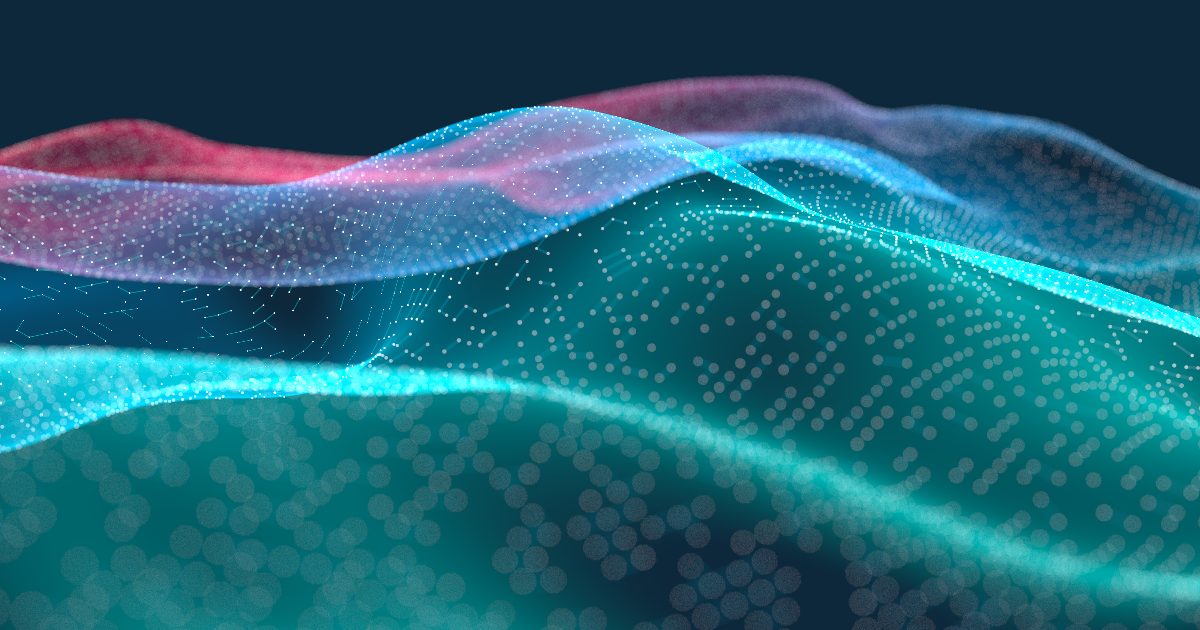
MMS • Anthony Alford
Article originally posted on InfoQ. Visit InfoQ

Microsoft Research recently open-sourced FarmVibes.AI, a suite of ML models and tools for sustainable agriculture. FarmVibes.AI includes data processing workflows for fusing multiple sets of spatiotemporal and geospatial data, such as weather data and satellite and drone imagery.
The release was announced on the Microsoft Research blog. FarmVibes.AI is part of Microsoft’s Project FarmVibes, an effort to develop technologies for sustainable agriculture. The key idea in FarmVibes.AI is fusion of multiple data sources to improve the performance of AI models. The toolkit contains utilities for downloading and preprocessing public datasets of satellite imagery, weather, and terrain elevation. It also includes models for removing cloud cover from satellite images and for generating micro-climate forecasts. According to Microsoft:
In addition to research, we are making these tools available to the broader community. Scientists, researchers, and partners can build new workflows leveraging these AI models, to estimate farming practices, the amount of emissions, and the carbon sequestered in soil.
World population growth and climate change are two of the major concerns motivating Project FarmVibes. As the population grows, farmers will need to produce more food; yet farming is not only impacted by climate change, it is also considered to be one of its causes. Project FarmVibes aims to help farmers increase their yields while reducing their use of water and chemicals. The project builds on FarmBeats, a previous research effort that was released as an Azure Marketplace product in 2019.
The core of FarmVibes.AI is a Kubernetes-based computing cluster for executing workflows. The cluster has four components: a REST API for invoking workflows and monitoring results; an orchestration module for managing workflow execution; workers for processing chunks of data through the workflow; and a cache for storing reusable intermediate results. There is also a pre-built Python client for interacting with the REST API.
The system comes with several built-in workflows for data ingestion, data processing, machine learning, and farm-related AI. The data ingestion workflows can download and process nearly 30 publicly available geospatial datasets. The data processing workflows implement several statistical and transformative operations, such as thresholding and Normalized Difference Vegetation Index (NDVI). The ML and AI workflows implement several models for identifying features on a farm, such as crops or pavement, as well as “what-if” scenarios such as water conservation and carbon sequestration.
FarmVibes.AI also includes several example Jupyter notebooks demonstrating data fusion, model training, and inference. These notebooks showcase some of Microsoft’s agriculture-related AI research, including SpaceEye and DeepMC. SpaceEye is a deep-learning computer vision model that can “recover pixels occluded by clouds in satellite images.” This can improve the performance of downstream models that use satellite imagery as input; for example, models that identify crops in satellite images. DeepMC is a model that can make short-term predictions of microclimate parameters, including temperature, humidity, wind speed, and soil moisture, which can help farmers identify optimal times for planting and harvesting.
Besides FarmVibes.AI, Project FarmVibes also includes: FarmVibes.Connect, technology for networking remote farms; FarmVibes.Edge, an IoT solution for processing data locally instead of in the cloud; and FarmVibes.Bot, a chatbot interface for communicating with farmers. Although only the FarmVibes.AI source code is currently available on GitHub, Microsoft says that the other components “will be released to GitHub soon.”